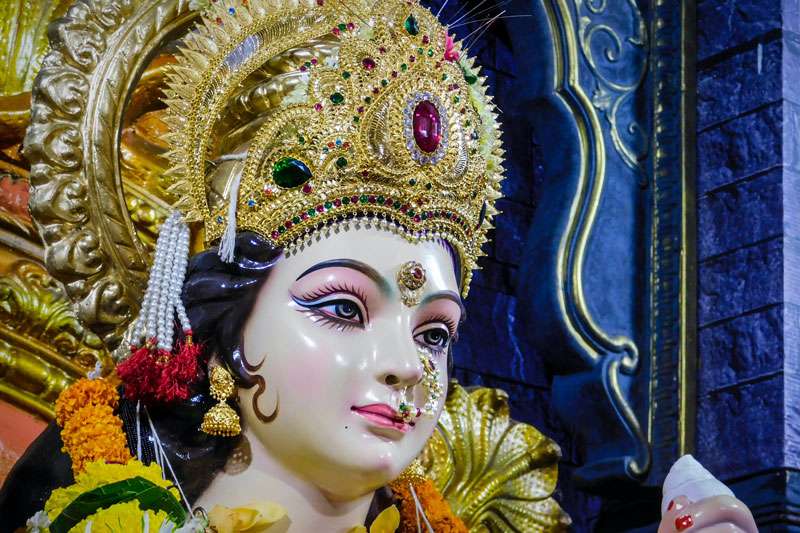ersonal Finance Lessons from Navratri
In India, the holiday season has started. Navratri is a festival that is observed in many ways throughout India, showcasing the diversity of our nation. It represents how Good triumphs over Evil following the Ramayana epics and Maa Durga’s conflict with a demon. Apart from the mythological lessons, we can learn much more from Navratri. We’d like to point out a few lessons in personal finance that can be drawn from Goddess Durga’s avatars:
1. Shailaputri ( Daughter of Mountains): Set objectives
As we all know that Shailaputri, is a symbol of waking and solid roots. It represents the various, resolute methods of achieving Good over Evil. Similarly by setting S.M.A.R.T. goals ie Goals should be Specific, Measurable, Adaptable, Realistic, and Time-Bound so that one can attain Financial freedom. Setting objectives based on tenure will motivate one to complete them quickly and wisely.
2. Bramhacharini ( Mother of devotion & penance): Exercise discipline.
Goddess Bramhacharini represents perseverance and discipline. When it comes to investing, one should always take a systematic approach and avoid becoming sidetracked by any challenges. One can begin, by making and following a budget. Any financial goal can be achieved with disciplined investing.
3. Chandraghanta (Destroyer of Demons): Be cautious & vigilant
Goddess Chandraghanta stands for caution and attentiveness. The lesson to be taken from this is that one must be aware of external events that may have an impact on the financial situation. Prudence refers to the idea that one should make choices that won’t harm their financial situation, which involves investing carefully and paying off debt as quickly as possible.
4. Kushmanda (Goddess of Cosmic Energy): Review Regularly
The lesson that can be learned from the goddess Kushmanda, who is thought to bless and free people from their misdeeds is one should monitor their cash flow & keep an eye on any debts one may have.As well as make sure that their debt-to-income ratio is always balanced.
5. Skandamata ( Goddess of motherhood & children): Inform yourself
Skandamata, Goddess of motherhood & children means that one should always endeavor to learn something new and never stop learning. It might be as basic as comprehending the many investment options. So moving in the right direction toward improving one’s financial literacy will always assist in making the right decision.
6. Katyani ( Goddess of Power): One can start at any time.
The lesson learned from Goddess Katyani- Goddess of Power is that one can start from anywhere & at any time. In terms of personal finance, we may learn that there is no right or wrong age to start saving and investing; it is never too late. It’s crucial to start down the path to a stable financial future.
7. Kalaratri & Mahagauri: Seek help from professionals
Just as we worship Goddess Durga and seek her blessings and guidance when we feel confused. So it is always advised to seek assistance from a Financial Advisor who will assist and guide you throughout your road toward financial liberation Everybody should have a mentor who will support and assist them on their journey of Financial Freedom.
Conclusion:
Dussehra, the final day of Navratri, represents the victory of Good over Evil. So make this Navratri a time to celebrate the beginning of a new chapter in your life because festivals are all about fortunate beginnings and new learnings. Make a commitment to this Navratri to take charge of your finances. Nivesh Ki Paathshala is always there to help you out if you need us. If you have any questions, you can respond to this email, and we would be happy to connect with you.



